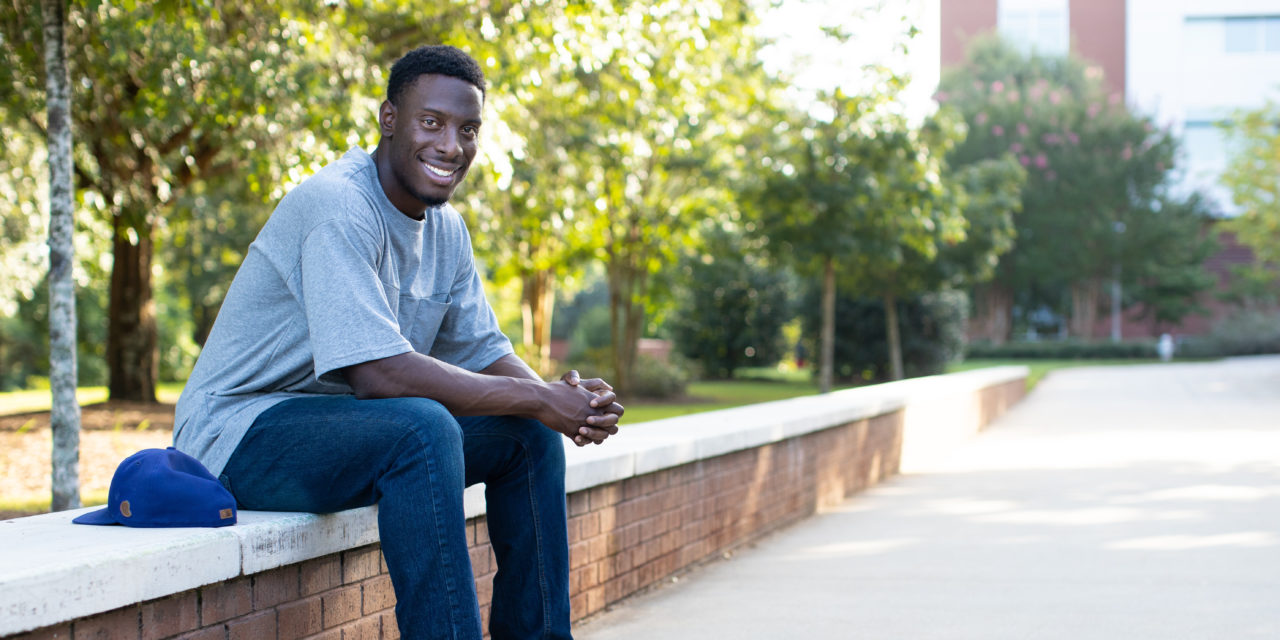In 2016, Georgia Gwinnett College (GGC) made the same constitutional mistake a lot of other liberal public educational institutions have made over the years; it thought it could restrict Christians from speaking about the good news of the Gospel on campus and get away with it.
GGC has since learned a valuable, if costly, lesson about the First Amendment.
In a settlement of a long-running free-speech lawsuit that culminated in a favorable ruling by the U.S. Supreme Court, Alliance Defending Freedom has announced that its clients, former Gwinnett students Chike Uzuegbunam and Joseph Bradford will be paid nominal damages plus $800,000 in attorneys’ fees by the college. As a part of the settlement, all parties have agreed to a dismissal of the former students’ lawsuit.
It all started when GGC officials stopped Uzuegbunam not once, but twice, from sharing his Christian faith with other students on campus. The first time, he was told he needed advance permission from the college and could only approach people in two tiny “speech zones” that made up less than 1% of the campus and were only available 10% of the week.
The second time, Uzuegbunam was following those policies and was speaking with other students when he was instructed to stop. His classmate and fellow plaintiff, Joseph Bradford, also wanted to share his faith on campus but was intimidated into silence by the college’s treatment of his classmate. In First Amendment parlance, his speech was “chilled” by the college’s actions.
When the pair sued the college for violating their First Amendment rights, the college quickly changed its policy and then attempted to have their lawsuit dismissed. Knowing that colleges sometimes change their policies only to reinstate them at a later date, the two students resisted the college’s attempt to so easily brush aside its poor treatment of its students.
And the Supreme Court ultimately agreed with them, ruling that despite the college’s change of policy, the two Christians could continue their lawsuit, even though they would only be entitled to what the law calls “nominal damages,” plus attorneys’ fees. Nominal damages, which can be as low as $1, allow plaintiffs to vindicate their legal claim even though they have not suffered any measurable monetary loss.
After the high court ruling, GGC persisted in seeking to avoid responsibility when it asked a lower federal court to accept a payment of nominal damages and to dismiss the students’ case, hoping, of course, to avoid an award of attorneys’ fees. Last December, the lower federal court rejected the college’s attempt to do so, prompting the recent settlement.
This case should send a message to other public colleges and universities, according to a press release from ADF.
“This settlement represents a victory not only for Chike and Joseph but also for many other students who wish to exercise their constitutionally protected freedoms on the campuses of Georgia’s public colleges and universities,” said ADF Senior Counsel Travis Barham.
“For five years, Georgia Gwinnett College officials have tried again and again to dodge accountability for their illegal actions in violating Chike’s and Joseph’s rights, even after the U.S. Supreme Court rebuked them. But after the district court put a stop to that, the college has finally decided to stop fighting the Constitution. This case should also remind other colleges and universities nationwide of the need to respect their students’ liberties. If they do not, they can and will be held accountable.”
We can only hope that other colleges and universities around the country are paying attention.
The case is Uzuegbunam v. Preczewski.
Related:
Supreme Court Hands Down Free Speech Victory for Students on Campus
Supreme Court Hears Oral Arguments in Campus Free Speech Case
Supreme Court Accepts Important College Free Speech Case for Fall Term
Photo from ADF.






